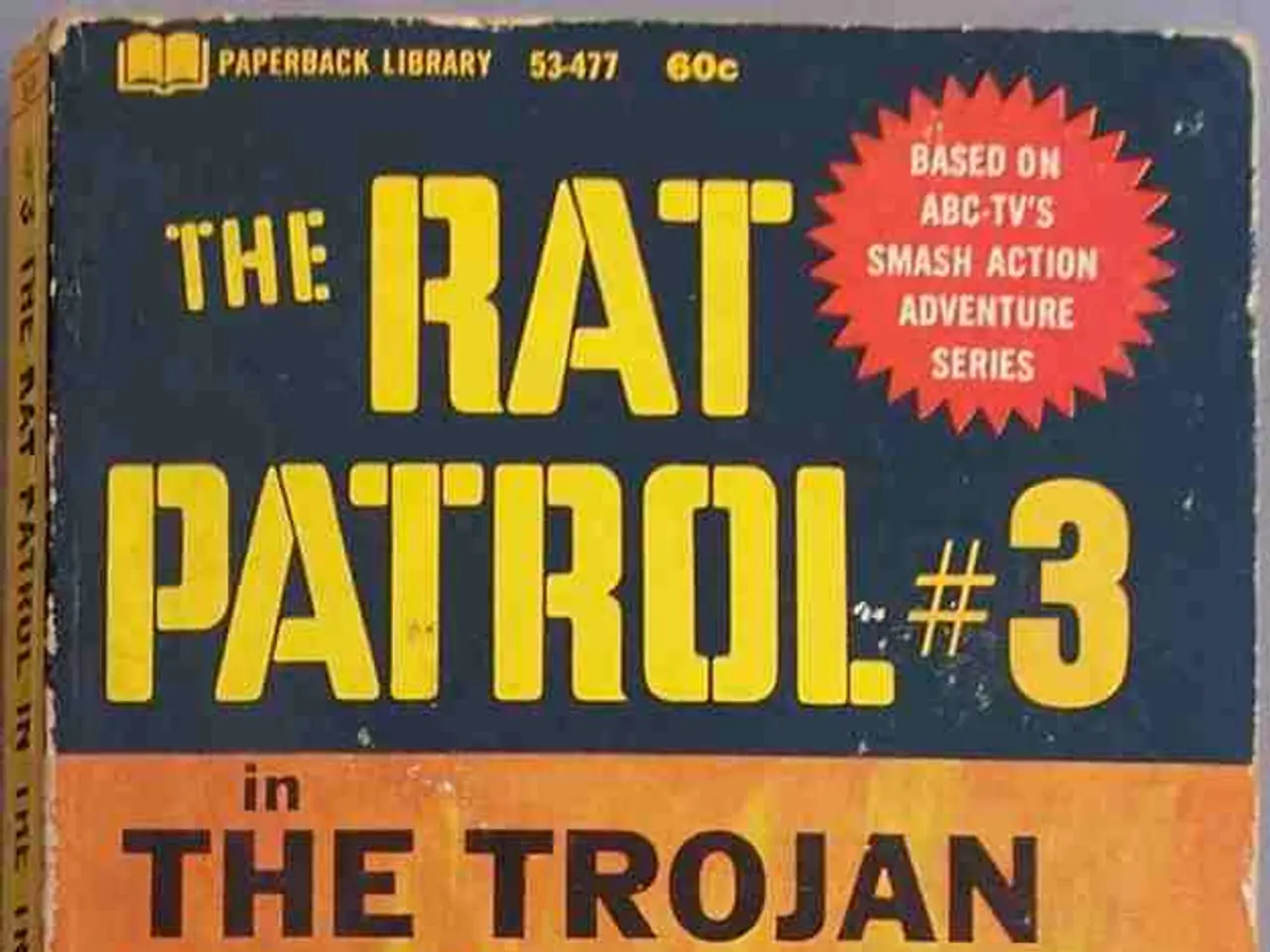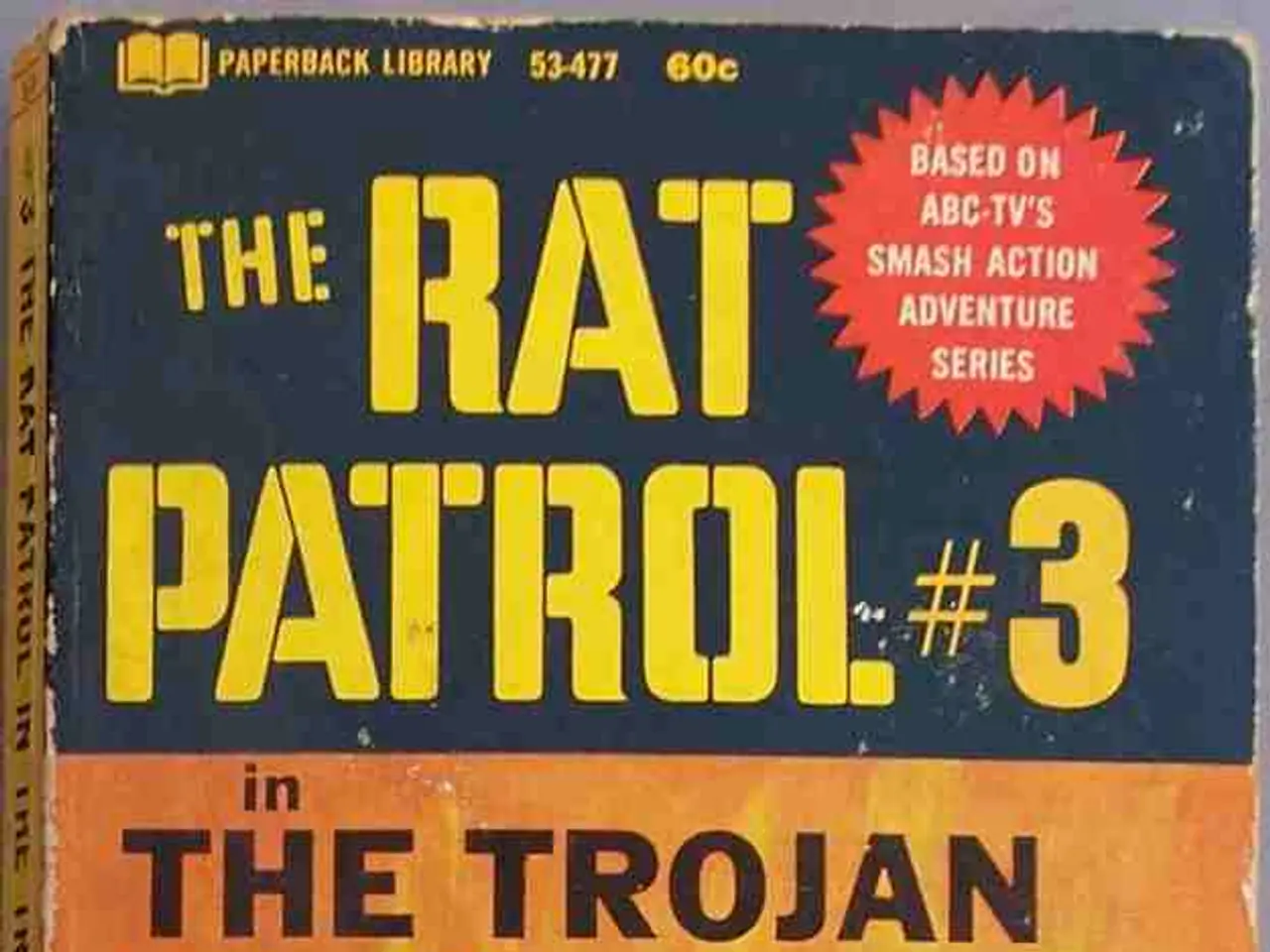Federal Elections Spending Limits Challenged by Republican Party Before Supreme Court
In a significant development, the Supreme Court has agreed to hear a Republican-led challenge to federal limits on coordinated spending between political parties and their candidates for Congress and President. The case, *National Republican Senatorial Committee v. Federal Election Commission*, directly challenges a 50-year-old provision of the Federal Election Campaign Act that caps how much money political parties can spend in coordination with their candidates on campaign advertising.
The review comes after a conservative federal appeals court upheld the limits, but the Justice Department, at the request of the Trump administration, declined to defend the law, urging the Court to strike it down on constitutional grounds. The Republican plaintiffs, including the National Republican Senatorial Committee, the National Republican Congressional Committee, and former Senator JD Vance, argue these coordinated spending limits violate the First Amendment by restricting political speech and party support for their own candidates.
If the Supreme Court rules in favor of the Republicans, it would allow unlimited coordinated expenditures by party committees, dramatically changing the campaign finance landscape and likely leading to a surge of party spending in the 2026 midterm elections. This case has the potential to be the biggest campaign finance ruling since the landmark 2010 *Citizens United v. FEC* decision.
In the case, the court will also referee a fight between internet service provider Cox Communications and record labels over illegal music downloads by Cox customers. However, it's important to note that this article does not contain information about any further Supreme Court cases related to Trump's unconstitutional acts or birthright citizenship or presidential powers.
The limits on party spending, if removed, could enable large donors to skirt caps on individual contributions to a candidate by directing unlimited sums to the party. For Senate races in 2025, coordinated party spending limits range from $127,200 in states with small populations to nearly $4 million in California. For House races, the limits are $127,200 in states with only one representative and $63,600 everywhere else.
Election law expert Richard Hasen at UCLA's law school predicts the court will strike down the limits. Arguments for the case are scheduled for the upcoming term starting October 2025, with a decision expected in 2026. The latest development is a significant shift in the campaign finance landscape, and its implications will be closely watched in the lead-up to the 2026 midterm elections.
[1] Associated Press. (2023, August 25). Supreme Court to review GOP challenge to federal limits on party spending. Retrieved from https://apnews.com/article/supreme-court-politics-elections-campaign-finance-us-news-8b7497e92d83016061743e340c2e6866 [2] Goldstein, H. (2023, August 25). Supreme Court to hear GOP challenge to federal limits on coordinated political spending. Retrieved from https://www.washingtonpost.com/politics/2023/08/25/supreme-court-gop-challenge-federal-limits-coordinated-political-spending/ [3] Savage, D. (2023, August 25). Supreme Court to review Republican challenge to federal limits on party spending in elections. Retrieved from https://www.nytimes.com/2023/08/25/us/politics/supreme-court-election-spending.html [4] Rosenberg, T. (2023, August 25). Supreme Court agrees to hear challenge to federal limits on party spending. Retrieved from https://www.cnn.com/2023/08/25/politics/supreme-court-political-spending-challenge/index.html
- The Supreme Court's upcoming hearing on the Republican-led challenge to federal limits on coordinated political spending could have significant repercussions on politics and policy-and-legislation, potentially leading to a transformation in the campaign finance landscape.
- The National Republican Senatorial Committee and other Republican plaintiffs argue that restrictions on coordinated spending, as defined by the Federal Election Campaign Act, violate the First Amendment, thus infringing on their right to free speech and support for their own candidates.
- If the Supreme Court rules in favor of the Republicans, unlimited coordinated expenditures by party committees could become a reality, which could influence the 2026 midterm elections and the subsequent general news.
- In the case known as National Republican Senatorial Committee v. Federal Election Commission, the Supreme Court will also adjudicate a dispute between internet service provider Cox Communications and record labels over illegal music downloads by Cox customers.
- Election law expert Richard Hasen at UCLA's law school anticipates that the court will strike down the spending limits, which could enable large donors to circumvent caps on individual contributions to a candidate by directing unlimited funds to the party.
- The implications of this case are profound, and its progress will be closely monitored in the entertainment and journalism sectors, particularly amidst the approaching October 2025 term and the expected 2026 decision.




